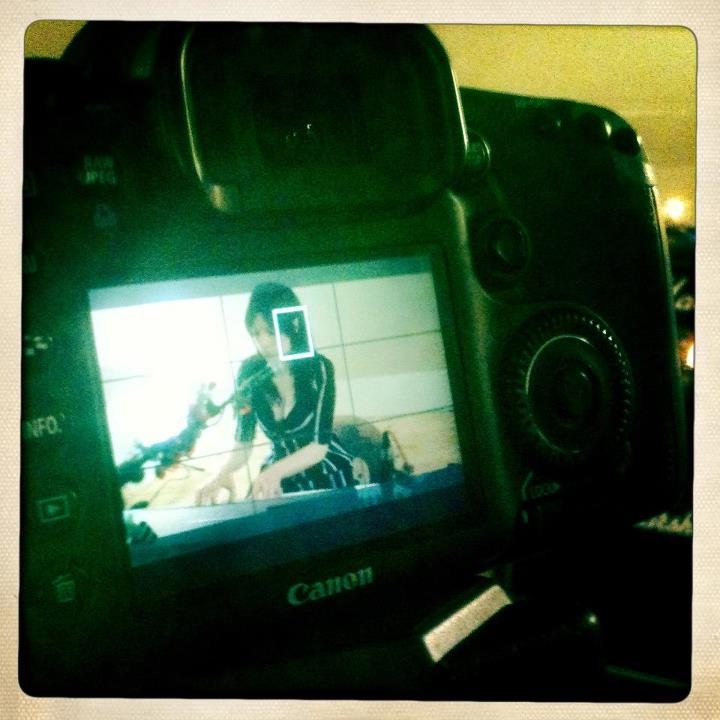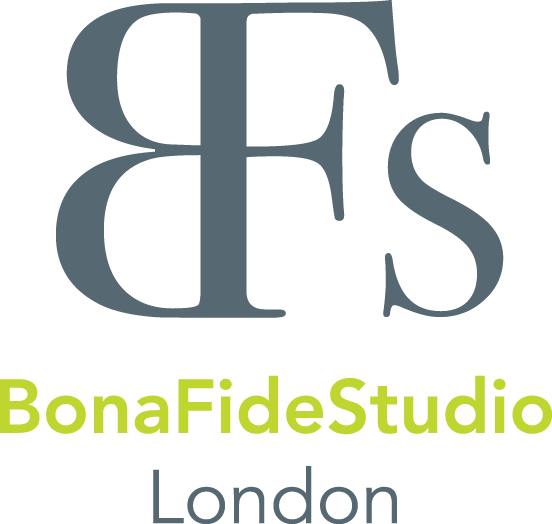
Music Copyright in UK
The first of these rights is the right to the song or musical composition, also known as the publishing copyright. Songwriters who have either written the composition or the lyrics will get the copyright to the song attributed to them. It is worth noting that if one songwriter writes the composition and another writes lyrics, they all share the rights to both parts of the song.
In the UK, copyright is created when music is manifested in a tangible form. This means you create the publishing right when you notate the chords and melody or write down the lyrics. Recording the song also creates a copyright. However, this also creates another music copyright for the sound recording.
The good news is that in the UK, copyrighting a song is automatic once the song is tangible, so either written down or recorded. However, this doesn’t mean you’ll start earning royalties. You will need to join collection societies in order to start capitalising on your copyright.
Music copyright includes the right to the song and the right to the recording, known as the master copyright. The master is the final version of a recording. All CDs, vinyl records or digital versions of this master are copies made with a license to copy the master.
A single song has the potential to be made into multiple different recordings. This creates different copyrights for each master of the recording. First, permission from the owner of the publishing needs to be given. The right to reproduce a song in a sound recording is known as the mechanical license and a recording can’t be created for commercial purposes without this right.
Of course, if you own the publishing then you have nothing to worry about when recording your song. However, if another recording artist likes your song, they wouldn’t be able to make a recording of it without obtaining a mechanical license from you.
Having these two separate rights means that one songwriter can license their song to multiple recording artists. It also means that the songwriter will receive royalties for each sale or performance of the song, whether live or through the broadcast of the recording. The songwriter won’t receive any royalties attributed to the master copyright of the sound recording.
02088839641
(via OpenMikeUK)



